Brushes are an essential tool that have been used for centuries to achieve precise and consistent results in a variety of applications. Brushes have been used for thousands of years, with evidence of brush-like tools dating back to ancient civilizations in Egypt, China, and Greece. The first brushes were likely made from natural materials like animal hair, plant fibers, and feathers, and were used for a variety of tasks such as painting, writing, and cleaning. Read More…
Gordon Brush® is an ISO 9001:2015 certified manufacturer of standard & specialty brushes for the commercial, aerospace, military, medical & electronics industries.
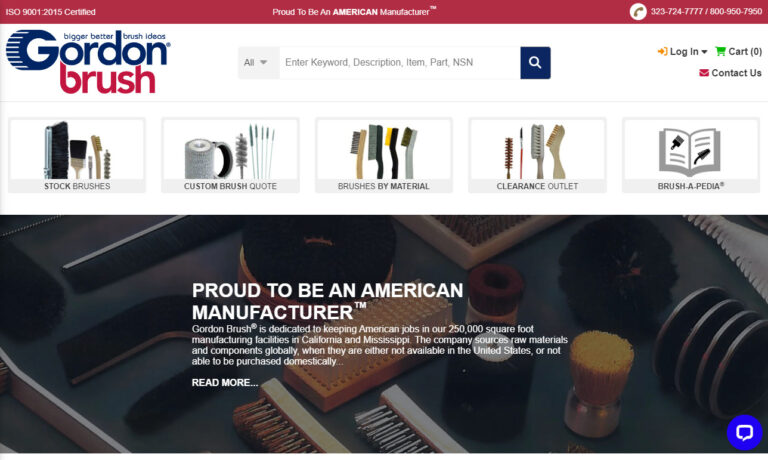
Spiral Brushes manufactures industrial brushes, custom brushes, power brushes, wire brushes, conveyor cleaning brushes, steel brushes, stainless steel brushes, brass brushes, nylon brushes, abrasive nylon brushes, and natural fiber brushes.
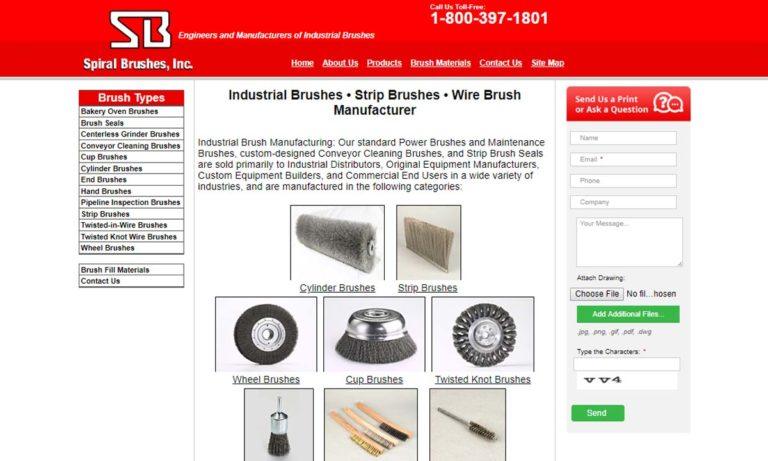
The Industrial Brush Co. is a provider of brushes. Since 1946, we have been committed to providing high quality brushes and customer service for a variety of industrial applications and marketplaces.
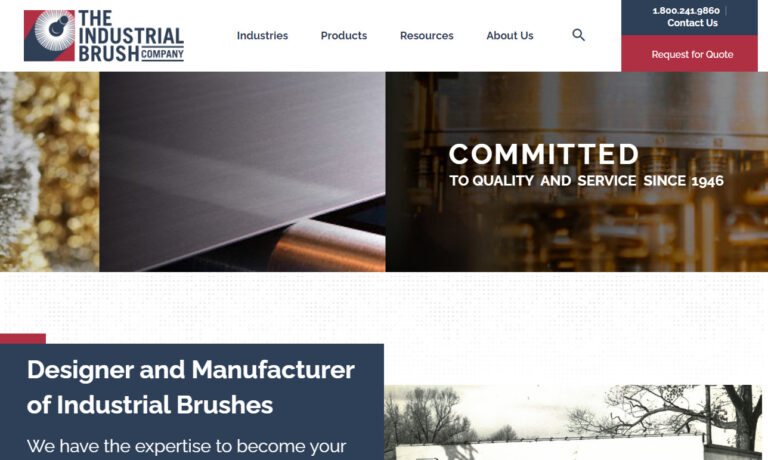
Justman Brush is an ISO 9001:2015 Registered Manufacturer centrally located in the United States. We manufacture brushes for a large variety of industrial applications for our customers in the industrial, aerospace, military, laboratory & scientific, medical and food service industries. With over 91 years of manufacturing experience, we have the American Quality, competitive pricing and short...
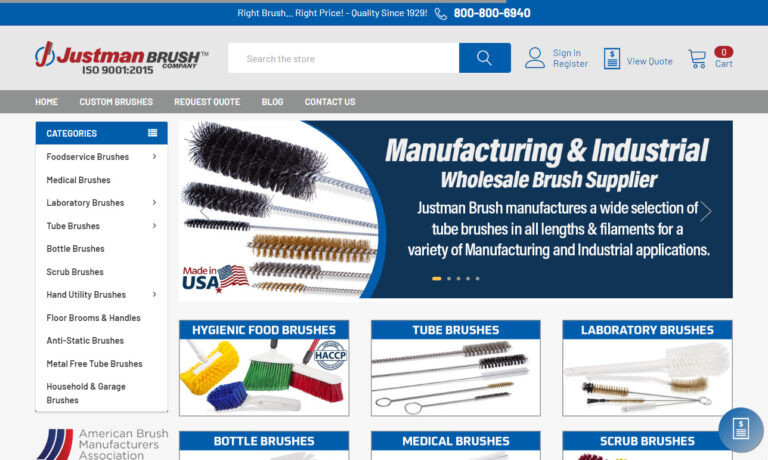
Precision Brush Company is an industry leader that has the technology, expertise and experience to satisfy all of your brush requirements.
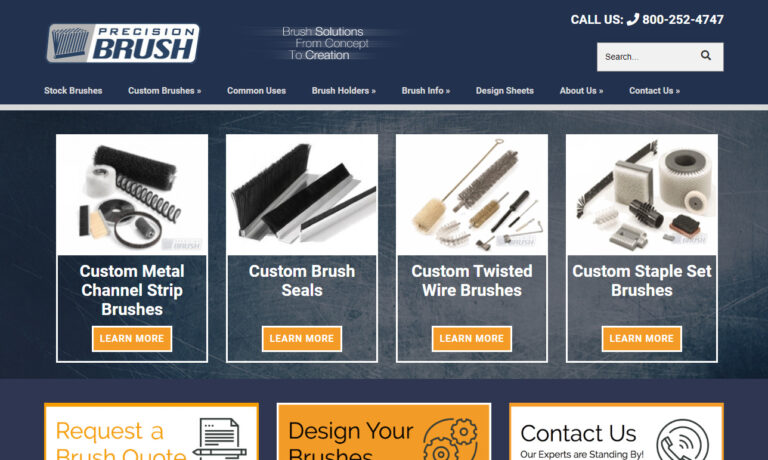
Braun Brush is committed to manufacturing quality brushes using a variety of methods. We offer convenient purchasing of the most extensive brush line available & a unique design-your-own brush service on the web.
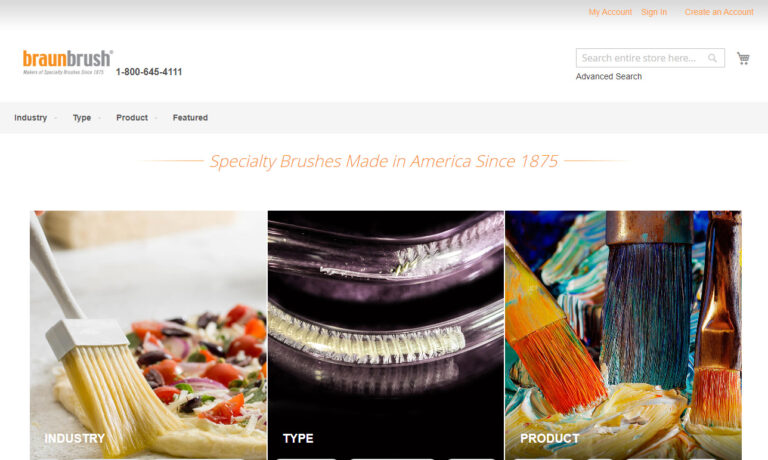
For over 30 years, Tanis has been a leading brush manufacturer. Tanis has put innovation to work in everything we do, using the latest technology, materials, manufacturing advancements and engineering expertise.
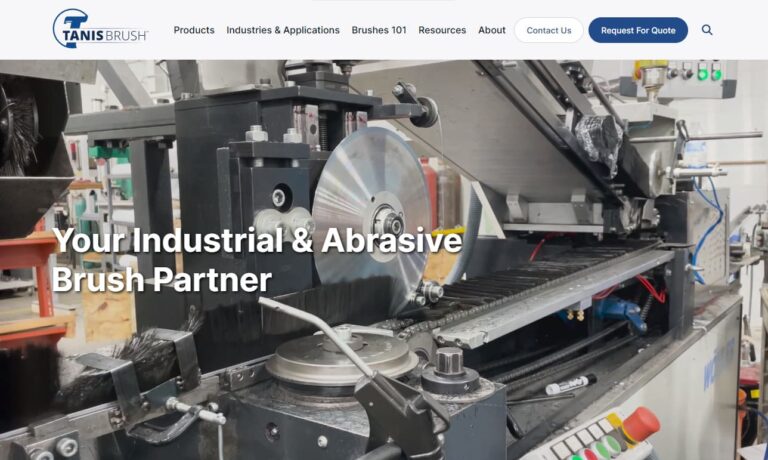
More Brush Manufacturers
During the Middle Ages, brush-making emerged as a specialized trade in Europe. The 20th century saw the introduction of synthetic materials like nylon and polyester, which significantly improved the efficiency and affordability of brush production. Today, brushes are essential tools in numerous industries, available in various materials, shapes, and sizes to meet diverse needs.
Types of Brushes
Brushes can be made from natural fibers, such as animal hair and plant fibers, or synthetic fibers like nylon and polyester. Natural fibers are preferred for their capacity to hold more water or cleaning solutions, while synthetic fibers are valued for their durability and affordability. The choice of material depends on the intended use and desired results.
Strip brushes are designed with a flexible backing strip, typically made from plastic or metal, allowing them to conform to various shapes and sizes. The bristles or filaments are crafted from materials such as nylon, polypropylene, or natural fibers like horsehair or boar bristle, tailored to their specific use. Strip brushes feature a flexible strip with bristles attached, used for sealing, dusting, cleaning, and preventing debris buildup in conveyor systems, with applications in the automotive, aerospace, and manufacturing industries.
Spiral brushes feature bristles or filaments made from a range of materials, including nylon, steel, brass, or natural fibers. This variety ensures suitability for different applications. Spiral brushes have a central core with bristles wound in a spiral pattern, ideal for cleaning and polishing irregular surfaces, deburring 3D-printed parts, and cleaning jewelry.
Brooms generally have bristles made from natural fibers like broomcorn or synthetic materials such as polypropylene. These bristles are known for their stiffness and durability, making them highly effective at sweeping dirt and debris. Brooms, available in different types and materials, are used for sweeping floors, sidewalks, construction sites, workshops, and removing snow and debris from outdoor surfaces.
Roller brushes have bristles made from materials like nylon, polyester, or natural fibers, catering to a wide range of applications. Roller brushes, with a cylindrical core and radial bristles, are used for cleaning carpets, upholstery, applying coatings and adhesives, and in printing and coating manufacturing processes.
Wire brushes feature bristles made of steel wire or other metals, providing the necessary stiffness and durability for heavy-duty cleaning or surface preparation. Wire brushes are intended for heavy-duty cleaning tasks such as removing rust and paint from metal surfaces, cleaning welding equipment, and polishing rough metal edges.
Tube brushes are designed with bristles made from materials such as nylon, brass, or stainless steel. These brushes are typically flexible, allowing them to conform to the shape of the tube being cleaned. Tube brushes are designed for cleaning conveyor belts, rollers, equipment, machinery, and pipes, similar to cylinder brushes.
Cylinder brushes have bristles made from materials like nylon, polypropylene, or natural fibers. They are designed to be more rigid than tube brushes, providing effective cleaning and deburring. Cylinder brushes are used for cleaning conveyor belts, rollers, equipment, machinery, and pipes, effectively removing debris and dust.
Cleaning brushes feature bristles made from materials such as nylon, polyester, or natural fibers. The size and stiffness of the bristles are selected based on the specific cleaning task. Cleaning brushes come in various shapes and sizes, suitable for tasks like cleaning floors, walls, dishes, kitchen appliances (ovens, refrigerators), and bathrooms.
Bottle brushes use bristles typically made of nylon or other synthetic materials, offering the stiffness and durability required to clean the inside of bottles and narrow-necked containers effectively. Bottle brushes, featuring a long handle and a small cylindrical brush head, are designed for cleaning narrow-mouthed containers such as bottles, flasks, and vases. They are also ideal for scrubbing baby bottles, sippy cups, feeding utensils, reusable straws, and water bottles.
Brushes Compared to Other Cleaning Utensils
Brushes excel as cleaning utensils, making them the preferred choice for numerous applications. Their design allows for targeted and focused cleaning, with bristles or filaments reaching into crevices and corners that other tools might miss, ensuring a thorough clean. Brushes also boast versatility and adaptability, coming in various types, sizes, and materials to suit almost any cleaning task, from scrubbing dishes and sweeping floors to handling delicate surfaces. Ergonomically designed handles provide a comfortable grip, reducing strain and fatigue during extended use. Additionally, their reusable and durable nature makes brushes a more sustainable option compared to single-use cleaning tools like wipes or disposable scrub pads. In summary, brushes offer precise cleaning action, versatility, ergonomic design, and sustainability, making them superior to other cleaning utensils.
Cleaning brushes boast numerous advantages, yet they also present certain limitations when compared to other cleaning tools. One notable drawback is their potential to scratch or damage delicate surfaces. Brushes with stiff bristles may not suit sensitive materials like polished surfaces or fine artwork. Additionally, brushes often fall short for cleaning large areas or tasks requiring broad, sweeping motions, as they typically provide more targeted and precise cleaning. Moreover, some brushes demand regular cleaning and maintenance to prevent the buildup of dirt, debris, or bacteria, which can be time-consuming.
Advancements in Brushes
Brush manufacturers are continually enhancing their products by addressing limitations and improving performance. A key area of innovation is the development of advanced materials. New synthetic fibers offer greater durability, flexibility, and cleaning efficiency, maintaining their shape and effectiveness over time. Additionally, incorporating antimicrobial properties into brush materials helps inhibit bacterial growth and prevent cross-contamination.
Technological advancements in brush design are also streamlining maintenance. Some models now feature self-cleaning mechanisms for easier debris removal, and brushes with interchangeable components allow for the replacement of worn bristles or customization for different tasks. Sustainability is another priority, with manufacturers using recycled materials and developing eco-friendly alternatives. By focusing on these innovations, brush manufacturers are improving the performance, durability, and sustainability of their products to meet the evolving needs of consumers and industries.
Choosing the Proper Brush for Your Application
When selecting the best brush for a specific application, consider its purpose, the surface or material, and the size and shape of the area to be worked upon. Choose different brush types for tasks such as cleaning, painting, or sweeping. Use softer bristles for delicate surfaces to avoid damage and stiffer bristles for tougher surfaces to ensure effective scrubbing. Ensure the brush fits comfortably into the space and reaches all necessary areas. Select materials that can withstand any substances or chemicals involved without deterioration. Evaluate the brush’s construction for durability and long-lasting performance. Prioritize user comfort by looking for ergonomic handles, non-slip grips, or adjustable settings for prolonged use. Seek recommendations and reviews from trusted sources for valuable insights. By carefully considering these factors, you can choose a durable, high-performing brush.
The Future of Brushes
The future of brushes looks promising as manufacturers innovate and improve designs. Advances in materials science and technology will lead to brushes with enhanced performance, durability, and sustainability. Eco-friendly options, such as those using recycled or biodegradable materials, are becoming more common. Improved manufacturing techniques may result in more precise bristle arrangements for better control and performance. Smart technologies, including sensors and automation, could further enhance brush functionality. Ongoing research and development may produce brushes tailored for emerging industries and specific applications. As the demand for sustainable, efficient, and versatile cleaning tools grows, we can expect significant advancements in brush effectiveness.
To achieve the best results when sourcing brushes, leveraging our comprehensive directory of brush suppliers is essential. Our platform offers detailed profiles for each supplier, showcasing their expertise and capabilities. Additionally, each profile features a contact form for direct inquiries or quote requests. Our exclusive website previewer allows you to swiftly understand each company’s specialties. Once you’ve identified potential suppliers, our streamlined RFQ form enables you to reach out to multiple companies efficiently with a single request.
Check out our Clean Rooms website

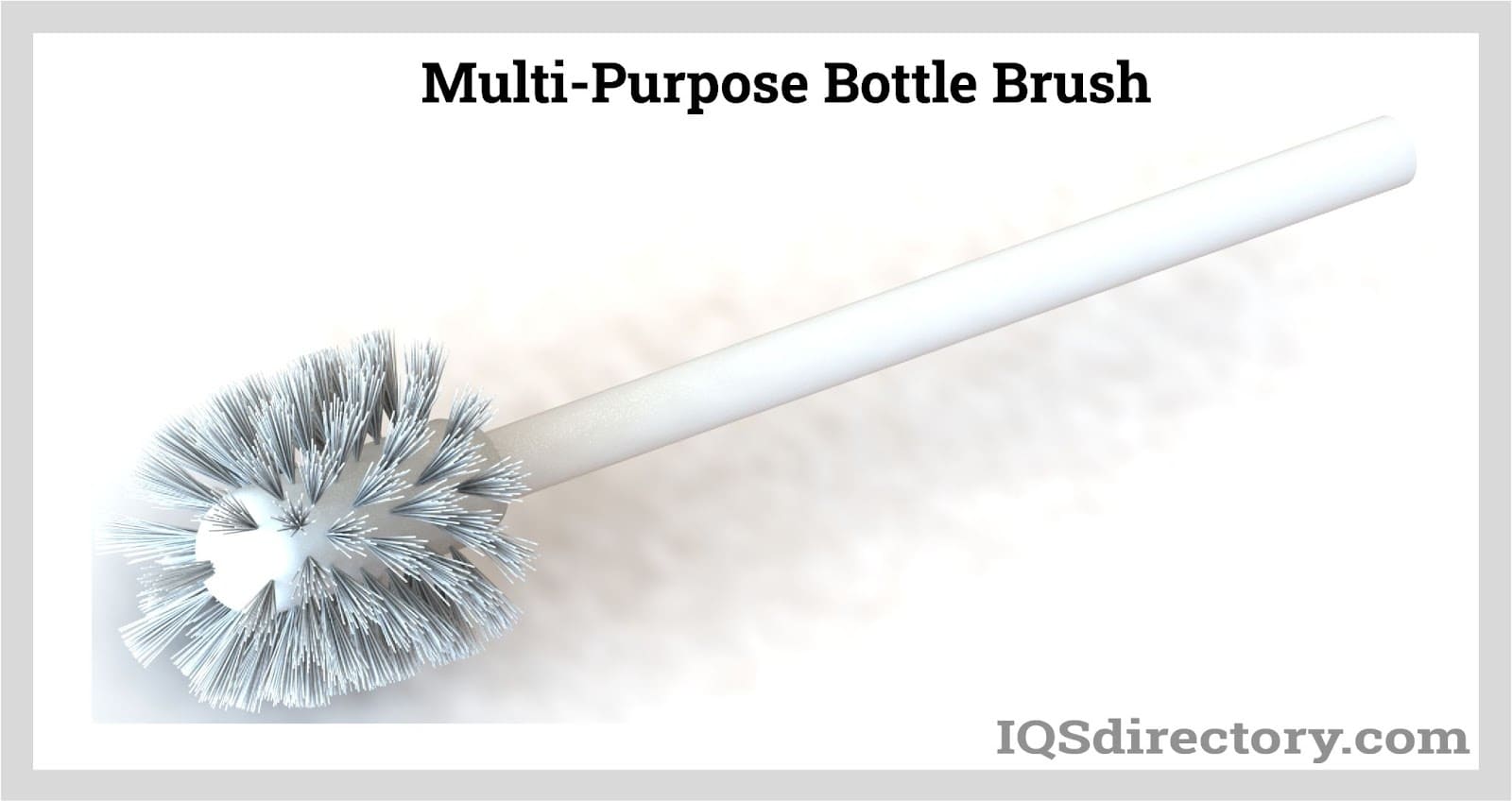
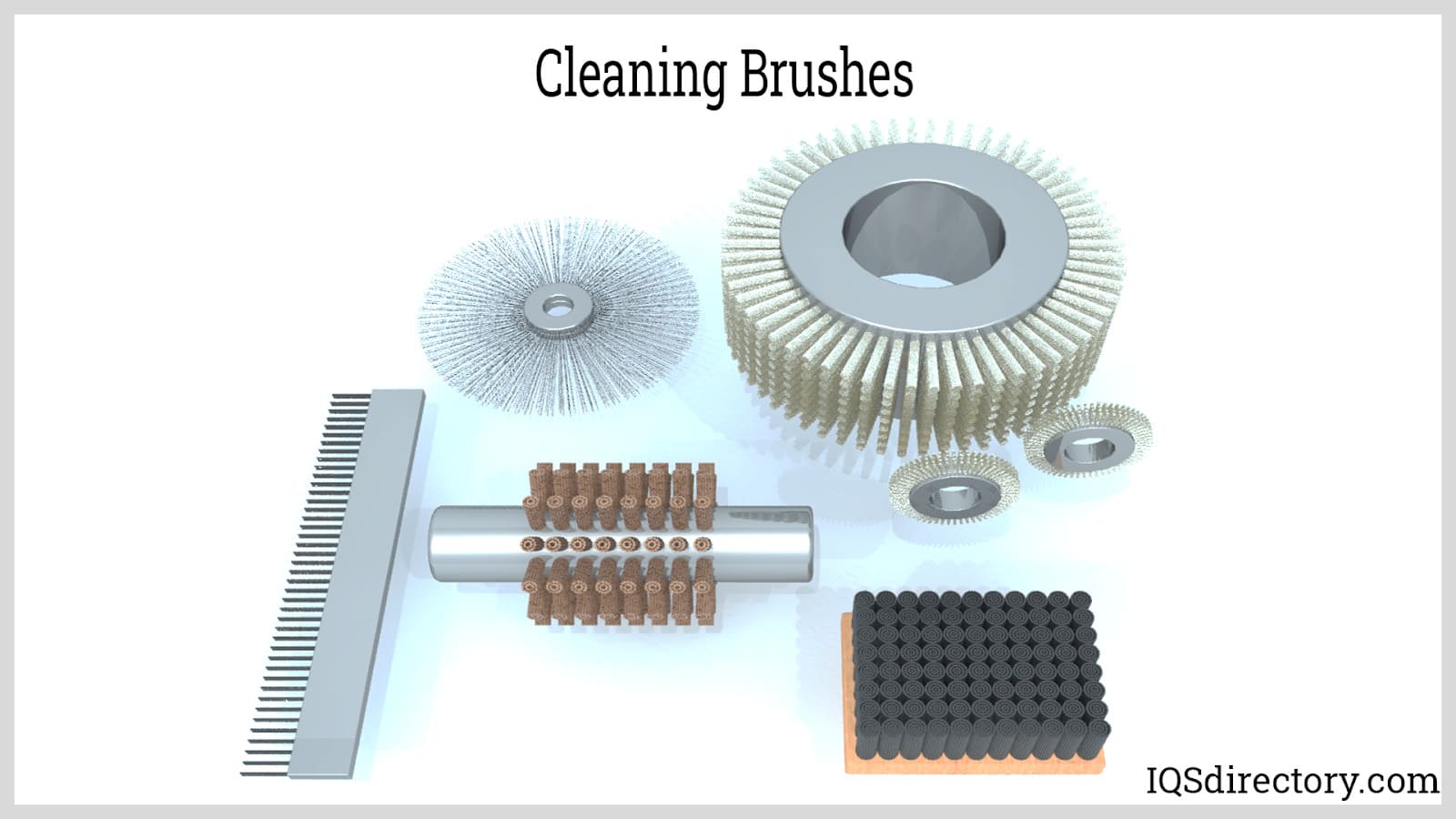
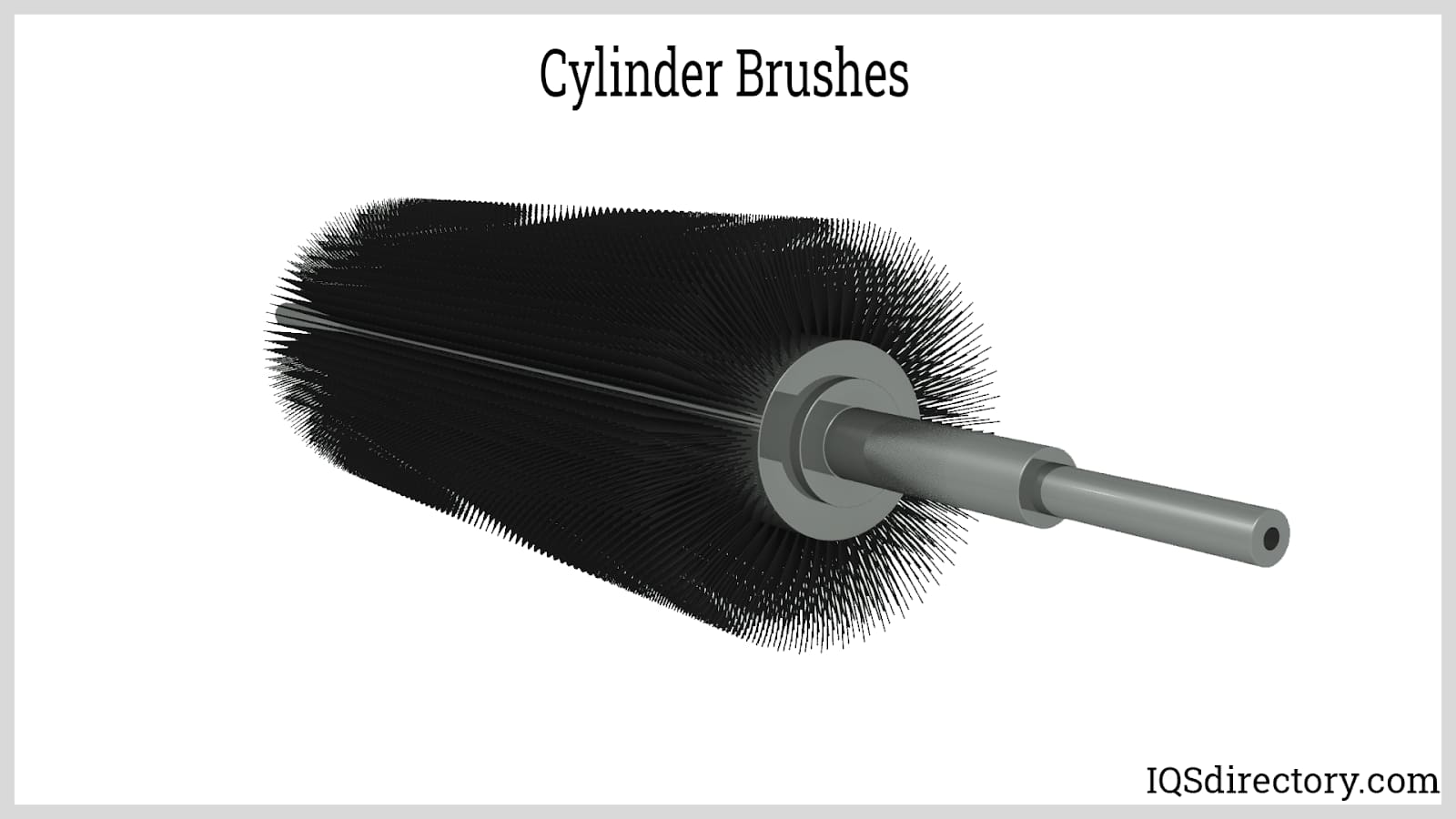
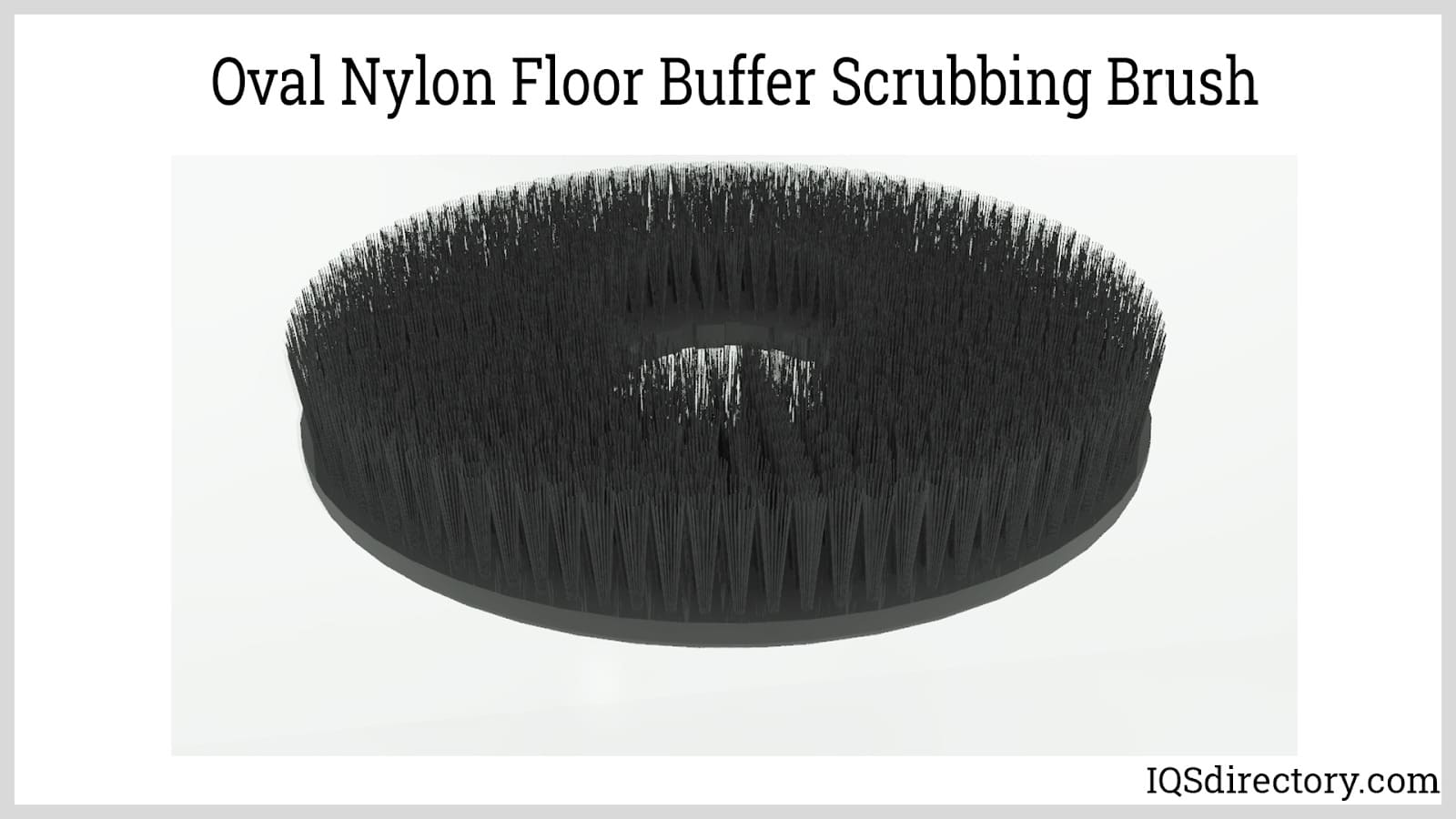
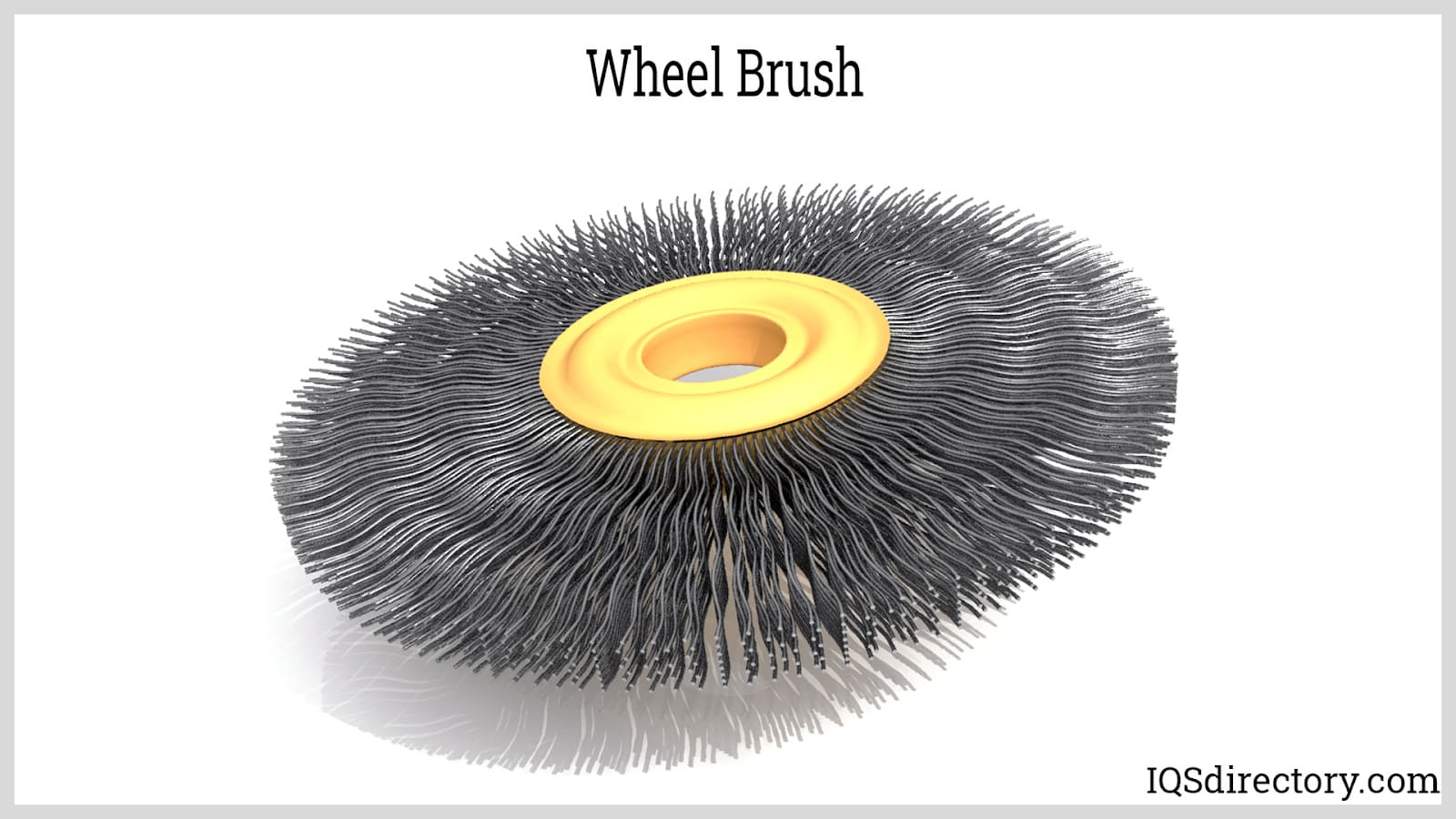
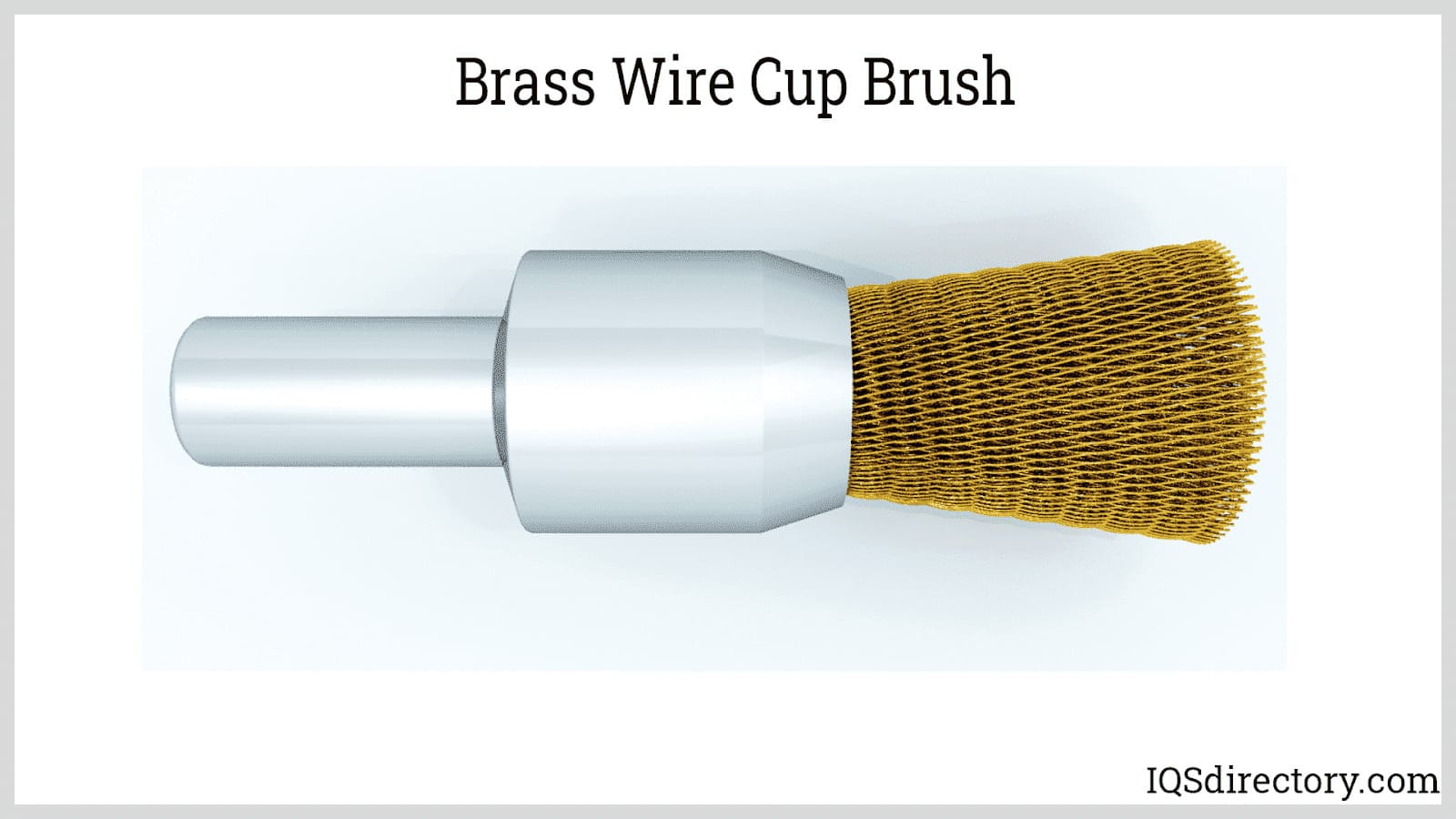
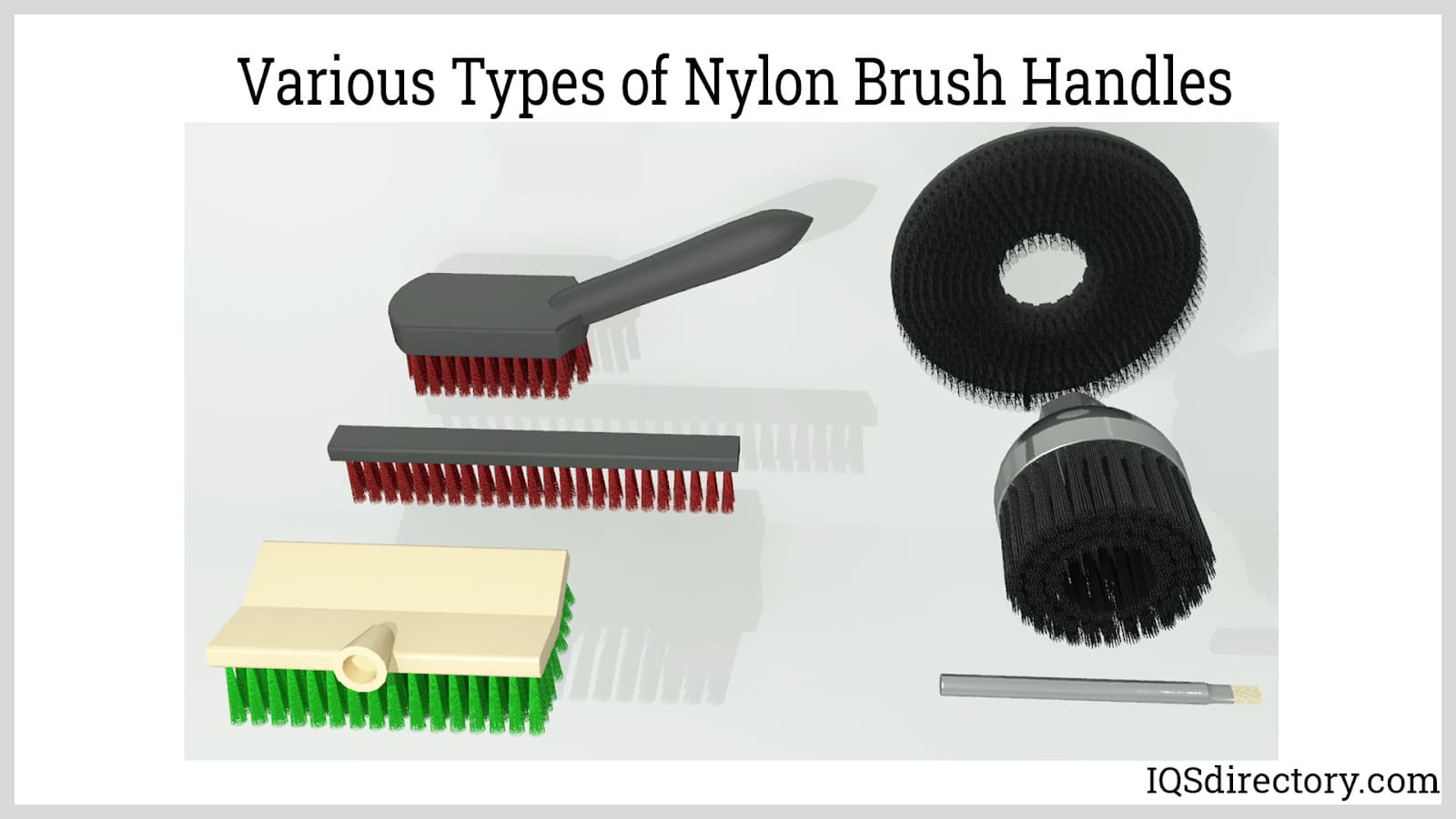
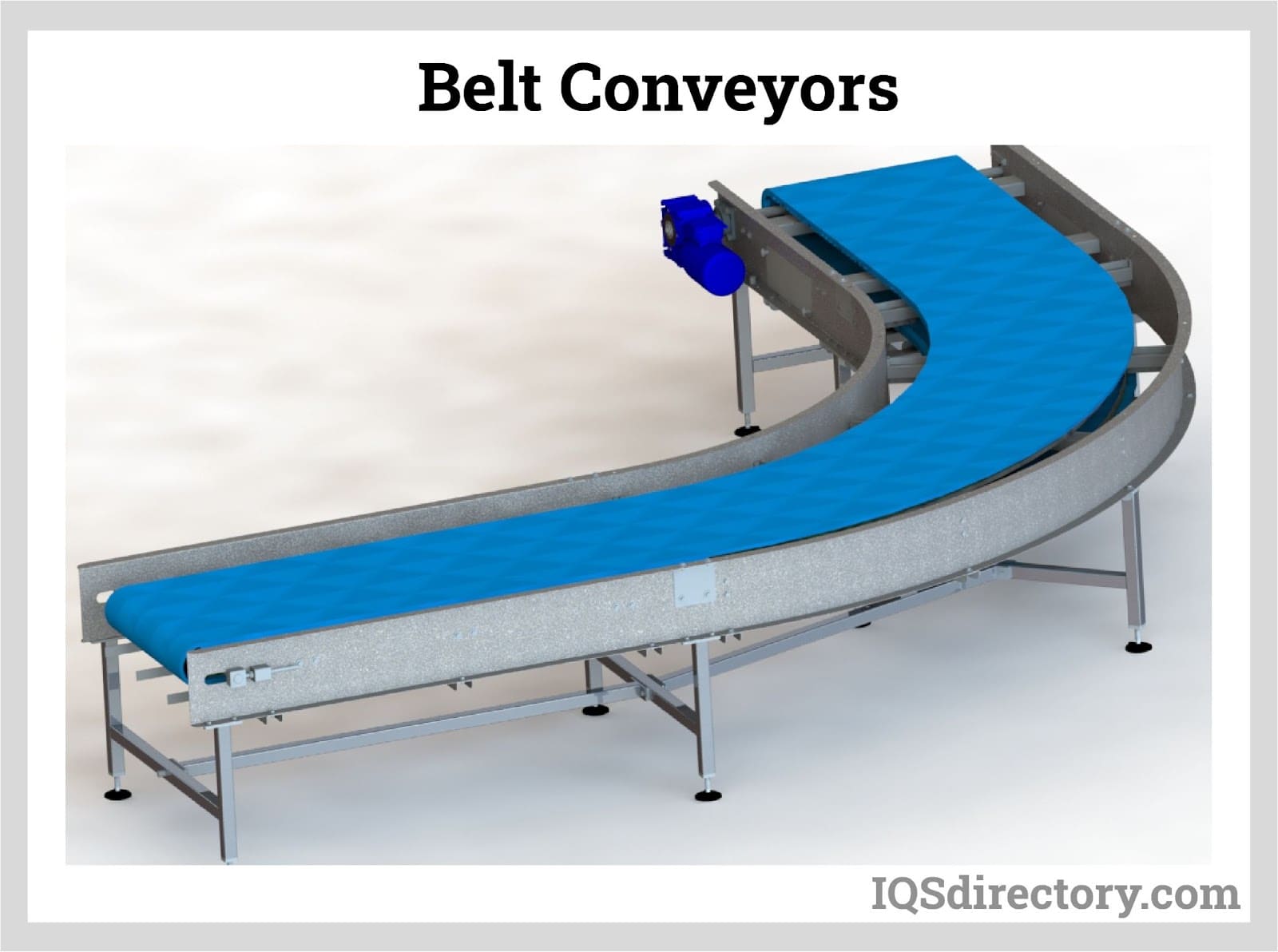

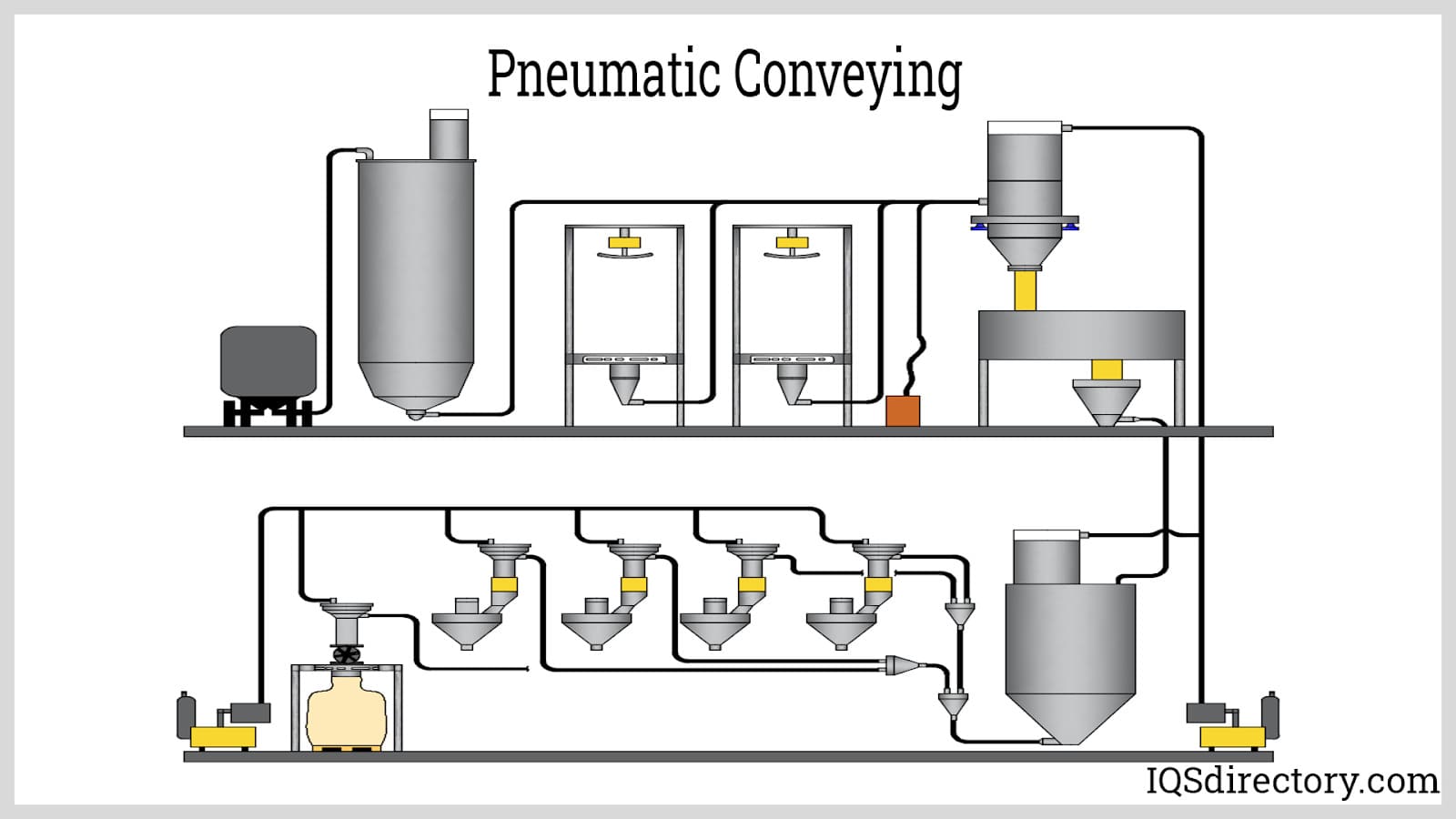
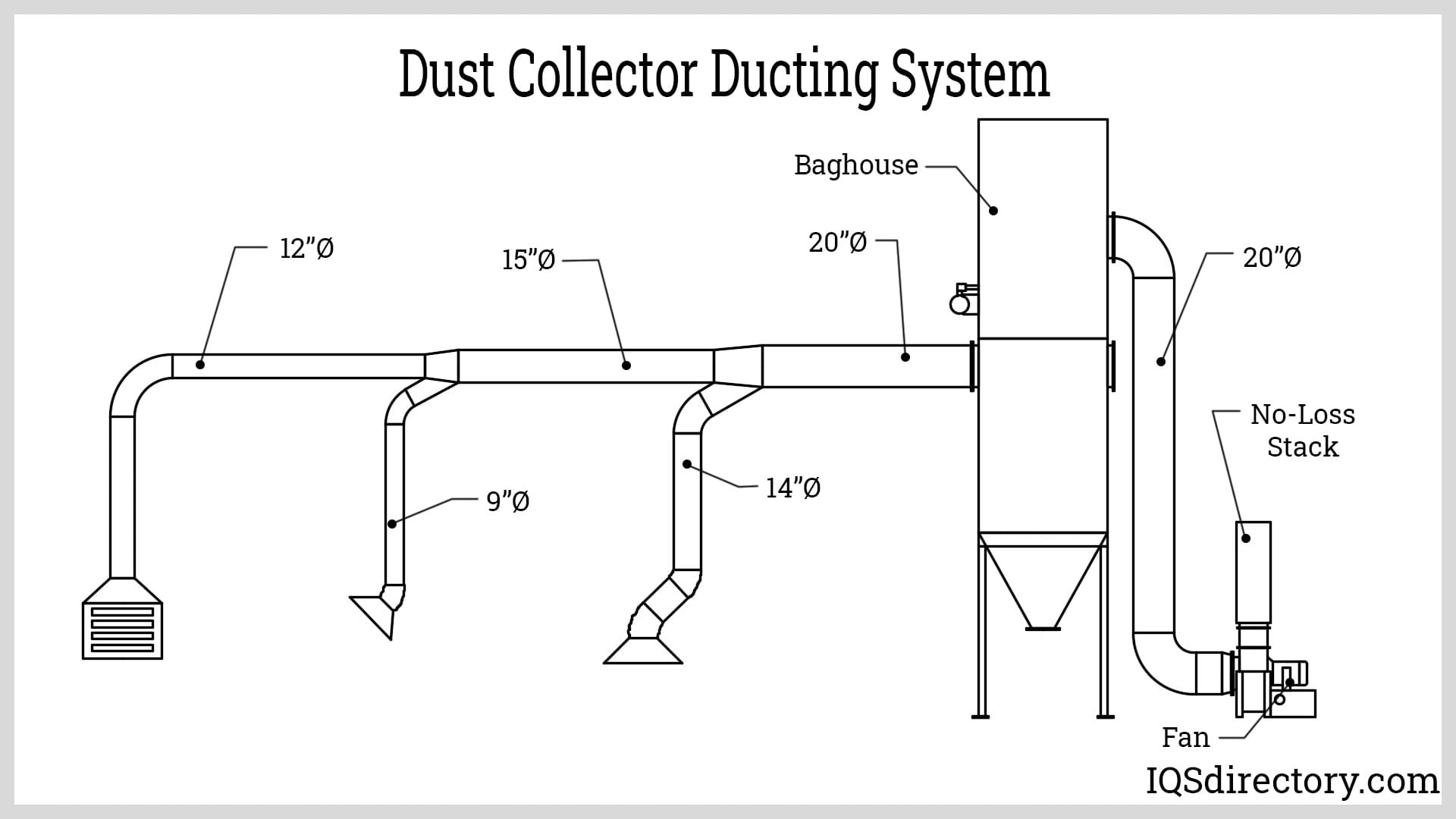
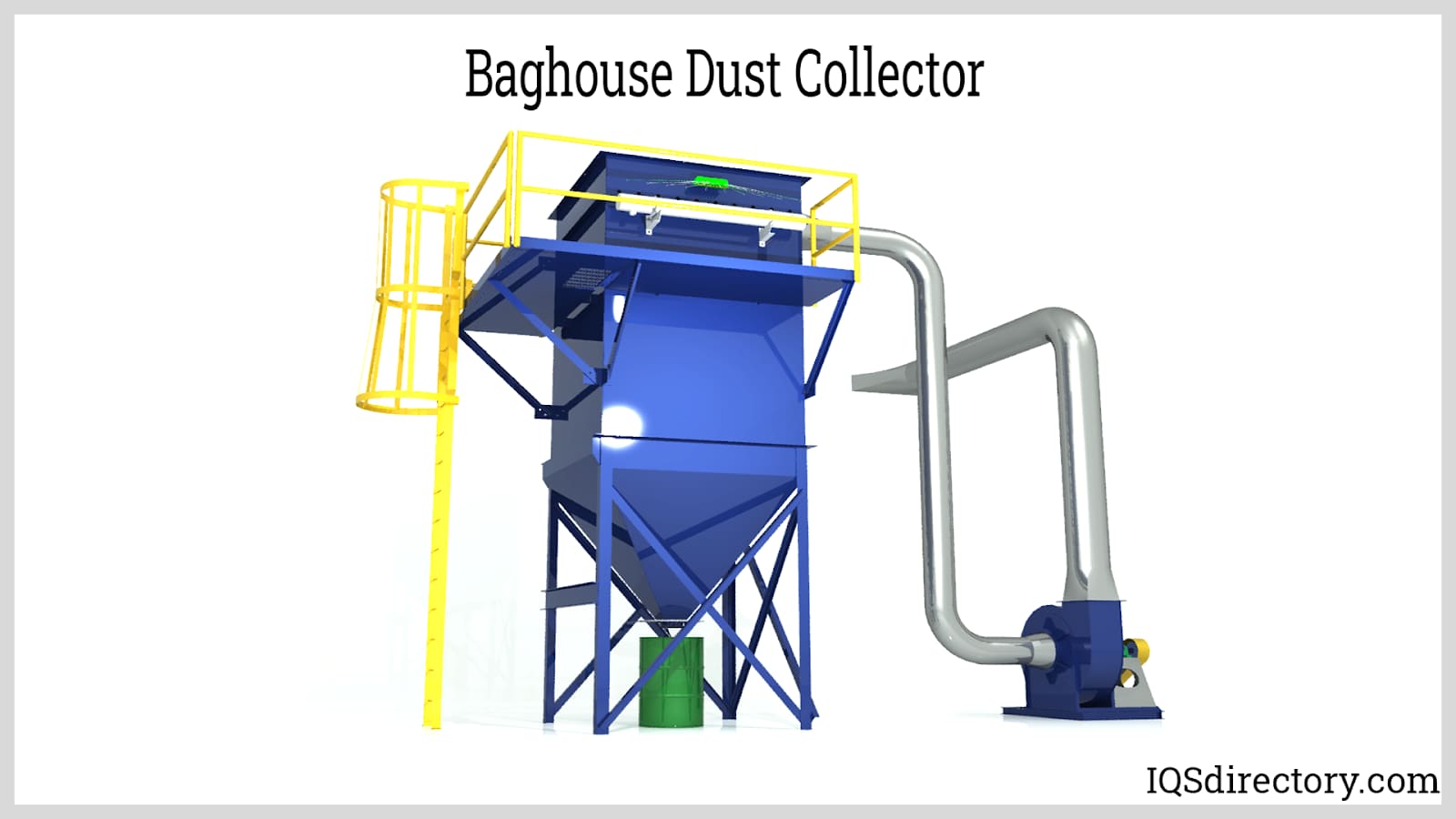
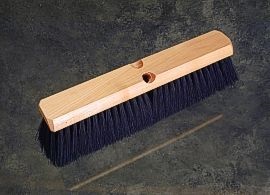 Brooms
Brooms Brushes
Brushes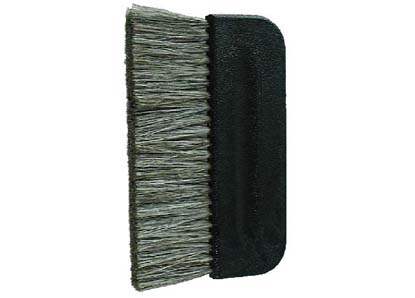 Static Eliminator
Static Eliminator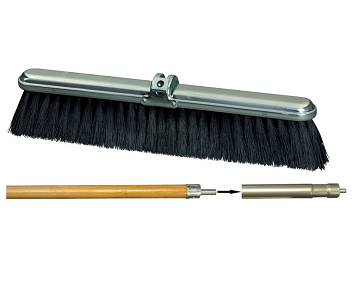 Sweepers
Sweepers Castings & Forgings
Castings & Forgings Bulk Material Handling
Bulk Material Handling Electrical & Electronic Components
Electrical & Electronic Components Flow Instrumentation
Flow Instrumentation Hardware
Hardware Material Handling Equipment
Material Handling Equipment Metal Cutting Services
Metal Cutting Services Metal Forming Services
Metal Forming Services Metal Suppliers
Metal Suppliers Motion Control Products
Motion Control Products Plant & Facility Equipment
Plant & Facility Equipment Plant & Facility Supplies
Plant & Facility Supplies Plastic Molding Processes
Plastic Molding Processes Pumps & Valves
Pumps & Valves Recycling Equipment
Recycling Equipment Rubber Products & Services
Rubber Products & Services